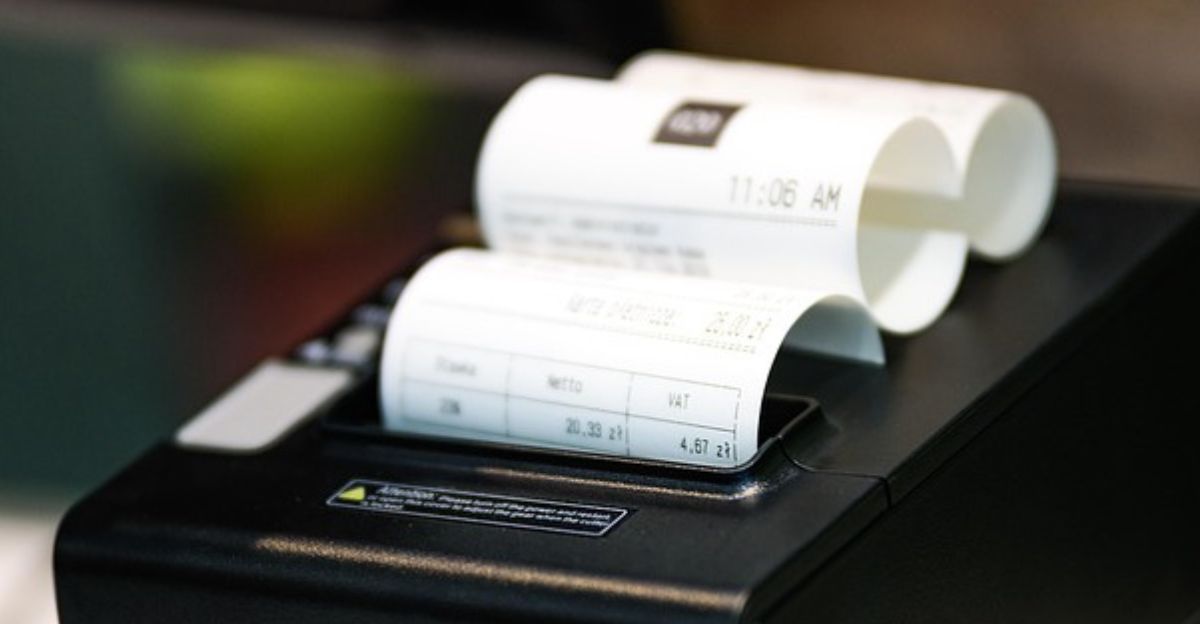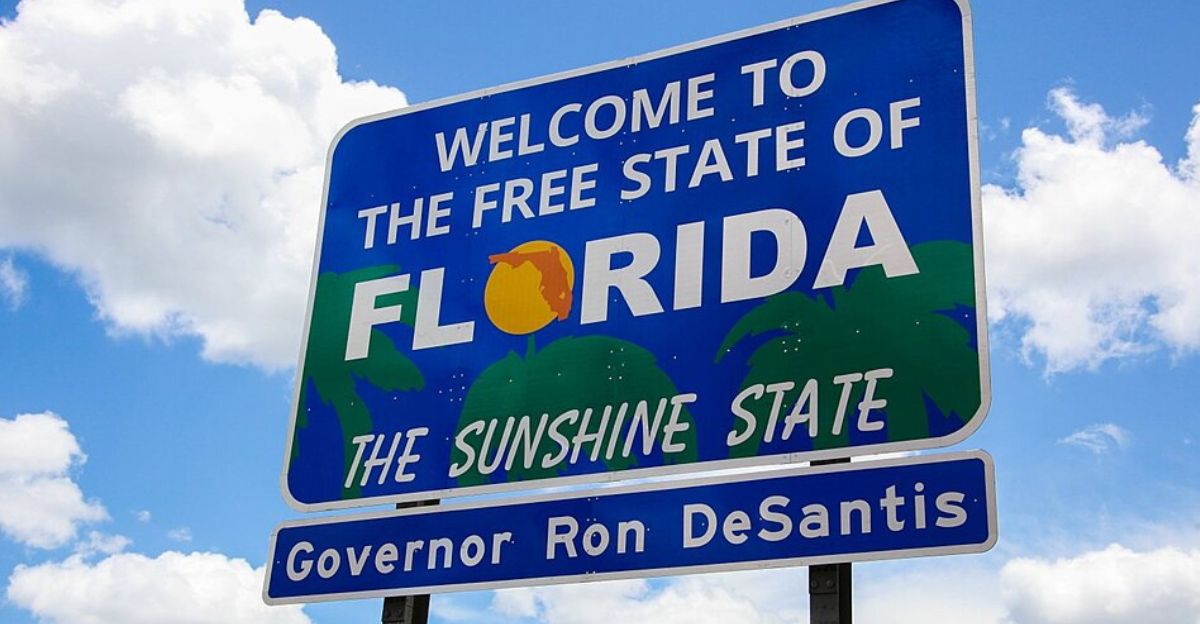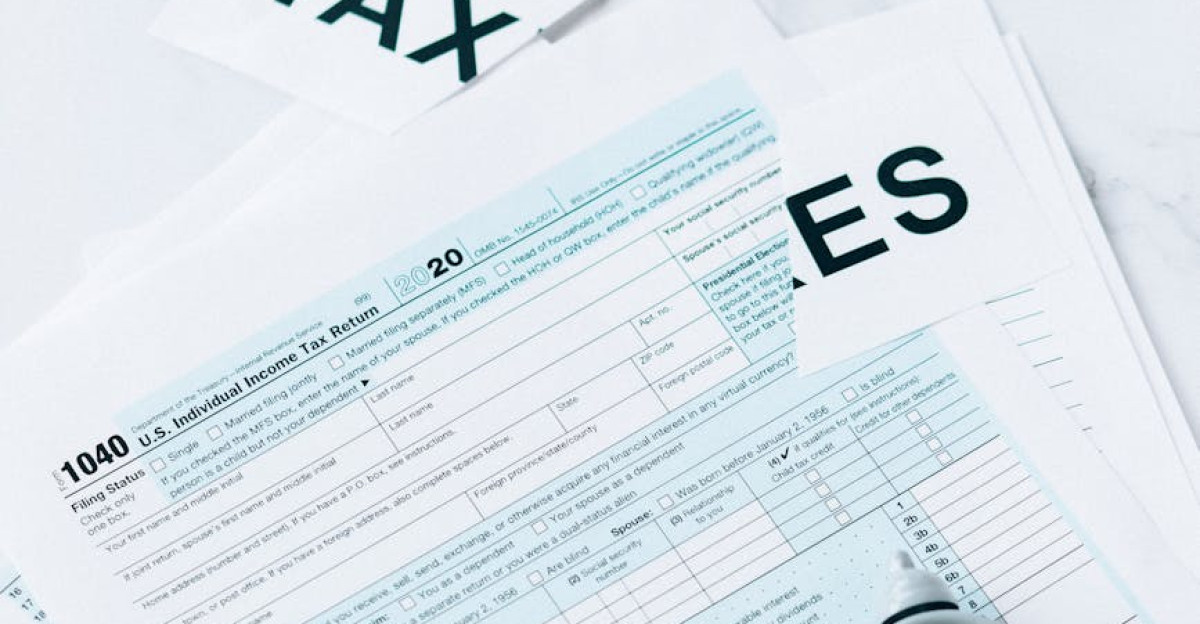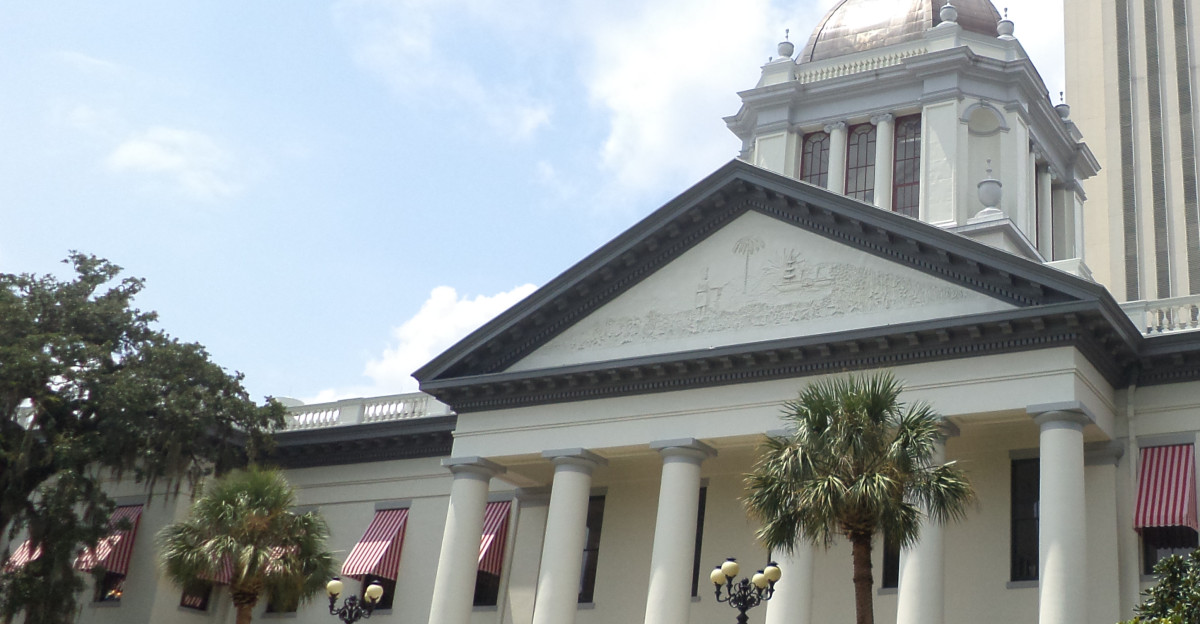
According to recent estimates from Empower, back-to-school expenses are crushing family budgets this year, with parents nationwide preparing to spend nearly $900 per household. But while most families brace for financial pain, one southern state is rolling out unprecedented relief that could save parents hundreds of dollars during the critical shopping season. The National Retail Federation reports that families start shopping earlier than ever, with 67% beginning purchases in July compared to just 55% last year. This dramatic shift reflects growing anxiety about rising costs and potential tariff impacts that have parents scrambling for savings wherever they can find them.
Rising Inflation Forces Parents Into Debt for School Supplies

The financial pressure on American families has reached a breaking point this shopping season. According to the National Retail Federation, families with K-12 students budget an average of $858 per child, with technology purchases alone consuming nearly $300 per family budget. Newsweek reports that roughly half of parents now plan to take on debt to cover school expenses, representing a troubling 10-point increase from 2024. Fox13 News found that inflation has driven basic supply prices up 30% over five years, while new tariff concerns are forcing parents to shop earlier and hunt more aggressively for discounts to make ends meet.
Sales Tax Holidays Evolved From Simple Weekend Events

Sales tax holidays have become a cherished summer tradition since Florida pioneered the concept back in 1998 with its first modest back-to-school tax break. What started as a three-day event covering clothing under $50 has grown into a nationwide phenomenon, with Avalara reporting that 18 states now offer various forms of tax relief. Florida TaxWatch notes these holidays typically save families 6-8% on purchases, but they’ve historically been short-lived events lasting just days or weeks. The concept became so popular that Florida’s original holiday became the second-largest shopping period after Black Friday, generating massive economic activity across participating states.
Economic Pressures Push Families to Breaking Point

Soaring costs and economic uncertainty strain household budgets this shopping season. CNN reports that tariffs on school essentials like backpacks, clothing, and electronics have already pushed prices higher, with retailers warning of additional increases to come. Axios Tampa Bay found that parents are responding by shopping earlier than ever, with many starting purchases in early July. Newsweek discovered that 54% of parents are now sacrificing grocery budgets to ensure their children have necessary school supplies, highlighting the impossible choices families face when trying to balance essential expenses.
Florida Announces Groundbreaking Month-Long Tax Holiday

Governor Ron DeSantis made history by announcing Florida’s permanent, month-long Back-to-School Sales Tax Holiday covering the entire month of August 2025. The Florida Department of Education confirmed that House Bill 7031, signed on June 30, 2025, makes this comprehensive tax break permanent every August going forward. According to the Florida Department of Revenue, the holiday exempts clothing and footwear ($100 or less), school supplies ($50 or less), learning aids ($30 or less), and personal computers ($1,500 or less) from state sales tax. Unlike most states that offer just weekend breaks, Florida’s 31-day approach gives families maximum flexibility to shop when convenient.
Every Florida County Benefits From Statewide Tax Relief

Florida’s revolutionary tax holiday applies uniformly across all 67 counties, ensuring every family in the state enjoys identical tax relief regardless of their zip code. The Florida Department of Revenue confirms that parents from Miami to Pensacola can shop tax-free at any qualifying retailer, including online purchases shipped within state borders. The comprehensive coverage extends to brick-and-mortar stores, major retail chains, and e-commerce platforms, creating a level playing field that temporarily eliminates the competitive advantage online retailers typically hold. With Florida’s combined state and local sales tax rates reaching up to 8.5% in some areas, families could save substantial money on major purchases.
Parents Celebrate Extended Shopping Window

“We’re proud to deliver extra relief for families and students as they gear up for a new school year,” Governor DeSantis stated when announcing the permanent holiday, according to the Florida Department of Education. Parents across the state express genuine enthusiasm about having a whole month to plan their purchases and take advantage of retailer promotions without the pressure of weekend-only events. The Florida Department of Revenue notes that the extended timeframe allows families to spread out major expenses, compare prices thoroughly, and wait for the best deals on big-ticket items like laptops and tablets. Many parents appreciate not having to battle crowds during traditional weekend tax holidays.
Florida’s Approach Stands Alone Among All States

According to the Federation of Tax Administrators, Florida’s month-long commitment dramatically outpaces the 18 other states offering sales tax holidays in 2025. While most states limit their relief to just 2-3 days, Bankrate reports that only a handful extend beyond a week. USA Today found that Texas offers 8 days, Massachusetts provides just a 2-day weekend, and Connecticut extends to 7 days, but none match Florida’s comprehensive 31-day commitment. The price thresholds also set Florida apart, with the state’s $1,500 computer exemption far exceeding most other states’ limits of $750 or less for technology purchases.
State Sacrifices Millions in Revenue for Family Relief

The permanent back-to-school holiday will cost Florida approximately $217 million annually in lost tax revenue, according to estimates from the Florida Policy Institute. This represents nearly 23% of the state’s total $1.3 billion tax relief package for 2025-26, demonstrating Florida’s significant commitment to helping families save money. The Institute on Taxation and Economic Policy reports that nationwide, the 18 states offering sales tax holidays will collectively sacrifice about $1.3 billion in revenue this year. CBS Miami notes that Florida’s willingness to forgo such substantial revenue reflects the state’s strong fiscal position and consistently high credit ratings.
Permanent Status Creates Unique Planning Advantage

According to the Sales Tax Institute, Florida’s decision to make the holiday permanent creates a competitive advantage that other states simply cannot match. While most states require annual legislative approval for tax holidays, Florida families can now count on August savings yearly, allowing for much better long-term financial planning. Holland & Knight reports that this permanence also benefits retailers, who can invest confidently in marketing campaigns and inventory planning without worrying about whether the holiday will continue. The predictability helps school districts and parents coordinate bulk purchases during the guaranteed tax-free period.
Retailers Embrace Extended Holiday Format

Florida retailers are enthusiastic about the month-long format, with the Florida Retail Federation noting that extended holidays allow for much better inventory management and strategic marketing campaigns, according to CBS Miami. Major retail chains are already advertising special August promotions to coincide with the tax-free period, creating additional savings beyond tax relief. Florida TaxWatch found that small businesses particularly benefit from the extended timeframe, as they can compete more effectively with online retailers who previously held tax advantages. However, some retailers must invest in updated point-of-sale systems and additional staff training to handle the complex exemption rules properly.
Bipartisan Support Overcame Initial Legislative Resistance

The passage of HB 7031 represents a significant victory for family advocacy groups and retail organizations who lobbied extensively for permanent tax relief, according to CBS Miami. Senate President Ben Albritton championed the measure, arguing that permanent holidays provide much-needed consistency for both consumers and retailers. Prager Metis reports that the legislation passed with bipartisan support despite initial resistance from House Speaker Daniel Perez, who preferred across-the-board tax rate reductions over targeted holidays. The final compromise eliminated Florida’s business rent tax while establishing permanent exemptions for disaster preparedness items and the expanded back-to-school holiday.
Tax Strategy Reflects Broader Economic Vision

According to the Florida Department of Education, Florida’s permanent tax holiday strategy reflects Governor DeSantis’s broader economic vision of maintaining the state’s competitive advantage through consistently low taxes and business-friendly policies. Holland & Knight reports that the $2 billion tax relief package includes multiple permanent exemptions beyond back-to-school items, covering disaster preparedness supplies, state park admissions, and precious metals transactions. This comprehensive approach attracts families and businesses to Florida while supporting consumer spending during crucial economic periods. The strategy acknowledges that targeted relief during high-demand periods can stimulate economic activity more effectively than broad-based rate reductions.
Critics Question Holiday’s True Effectiveness

Critics argue that sales tax holidays primarily benefit higher-income families who can strategically time their purchases. In contrast, lower-income families often lack the resources to shop during specific windows. The Institute on Taxation and Economic Policy contends that permanent tax rate reductions would provide more equitable relief than temporary exemptions that require planning ahead. However, supporters note that Florida’s month-long format addresses many timing concerns by giving all families extended opportunities to benefit from the savings. Governing Magazine reports that some economists worry about long-term revenue stability, but Florida’s firm fiscal position cushions against the revenue loss.
Florida’s Innovation May Change the National Tax Policy

As other states closely watch Florida’s permanent month-long approach, a critical question emerges about whether this will become the new national standard for meaningful sales tax relief. With families facing continued economic pressure and back-to-school costs climbing relentlessly, other southern states may feel growing pressure to match Florida’s generous offering. USA Today suggests that the success of Florida’s model could influence federal policy discussions about consumer tax relief and economic stimulus measures. The Tax Foundation notes that Florida’s innovation in family-friendly tax policy could spread nationwide, or it might remain a unique competitive advantage that helps the Sunshine State attract even more families looking for financial relief.